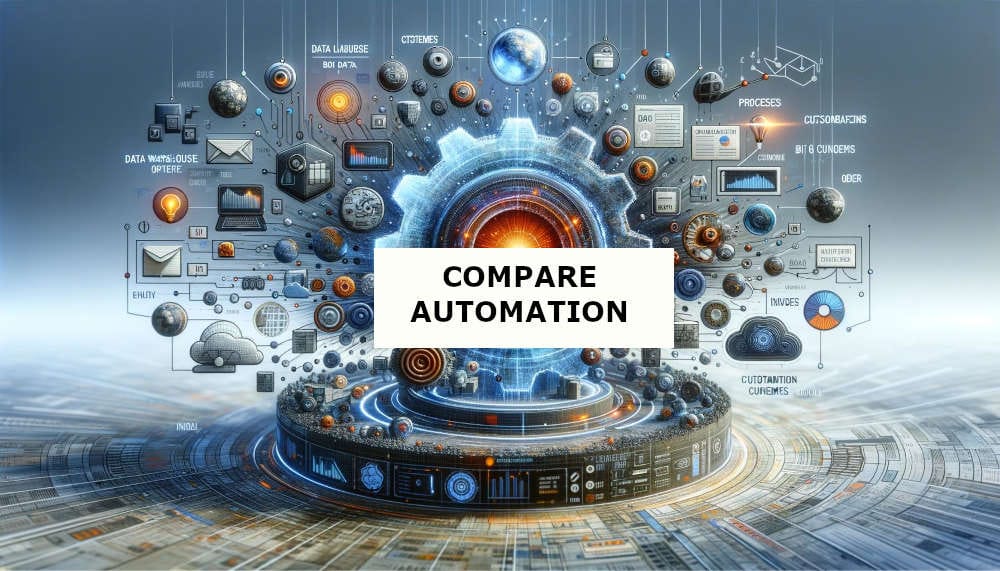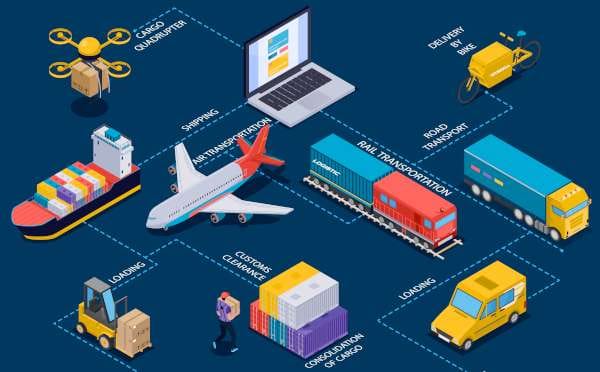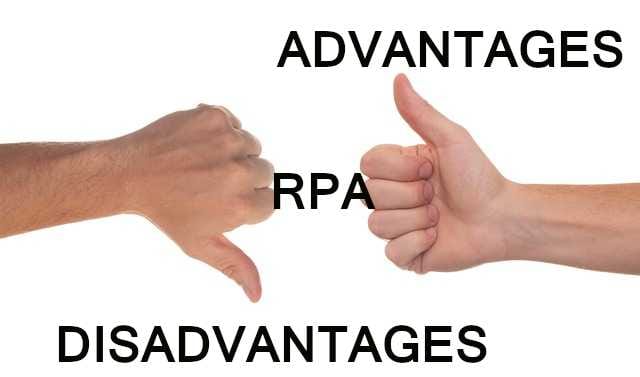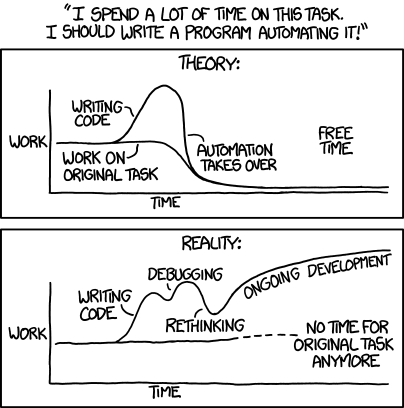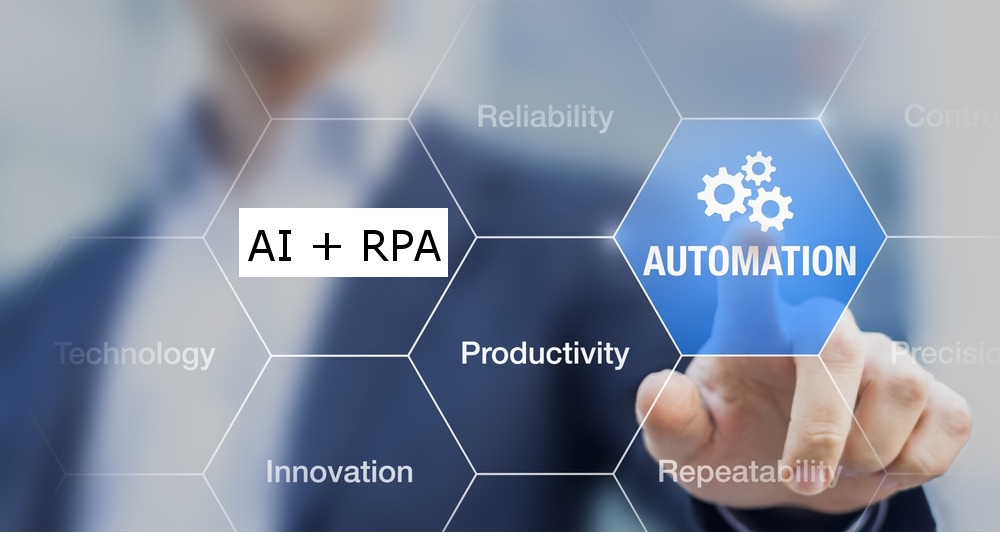
AI needs RPA today!
There is so much hype about AI at present. The terms AI for Artificial Intelligence and ML for Machine Learning are getting used in many conversations to add market currency but the reality is often very different.
For many business implementations AI with or without ML is only going to be effective if combined with RPA.
In general terms AI is about applying some “Fuzzy Logic” as mathematicians call it to large quantities of data in order to develop a level of confidence about “Pattern matching”. This is sometimes termed “ANI” – Artificial Narrow Intelligence. The logic only works on the problem defined using the data set provided for the “Training” / “Base line set”. The hype often portrays AI as being “AGI” – Artificial General Intelligence, that is intelligence which can be applied to anything. The technology is just not there ….Yet!
Each AI implementation is currently very specific. There are AI solutions for processing invoices, AI for classifying documents, AI for recognising “Intent” in message, etc.
Yes, it is possible to buy AI software, define your own problem, train it with your own data and hence have a mechanism to apply “Pattern Matching” to new data. The result is a specific AI implementation.
With the current AI capabilities, Machine Learning (ML) is a method of enhancing the AI after its initial “Training” to provide an updated and therefore a “Better” level of confidence in the “Pattern Matching”.
If the business requirement is for AI to determine the main factors associated with successful drug use in a clinical trial by analysis of large sets of clinical data, the AI software can be repeatedly used to process the data set until a solution is discovered. In this scenario all of the data is known.
If the business requirement is for AI is to answer a transaction question such as “Is the risk of this insurance proposal acceptable?”, the AI software needs to be passed data about the insurance proposal. It is this type of usage of AI that offers benefit to businesses today. For AI to be used within a business process, it requires the instance of the data being processed and the result from the AI activity together with its “Confidence” factor to be returned to the process. This is where Robotic Process Automation (RPA) offers the solution.
WHY IS RPA NECESSARY TO INCLUDE AI IN THE BUSINESS PROCESS?
If a brand new system is being developed, the necessary interface to an AI implementation can be constructed as part of the build.
For most businesses, the existing systems are in place and AI offers the potential for improving and automating the process. Any existing process operated on a computer will be performed by person. In order to introduce an AI implementation as part of the solution information from the business process needs to be provided to the AI software. Of course, the person performing the process could “Copy & paste” the information into an interface screen that the AI software could use and then copy back into the business process the result of the AI analysis. Possible but potentially error prone, particularly when the data required by any AI model is more than a couple of values. After all, if it was just a couple values it is likely that simple logic could be used to determine the result rather the sophistication of an AI “Pattern Matching” process. Software Robots used to implement RPA are very good at doing data transfers between systems with high integrity and accuracy. It is these capabilities that make RPA the ideal interface tool between an existing system and an AI capability.
RPA software robots can be great for well defined processes that have well defined logic. By using RPA in conjunction with AI the potential range of solutions grows significantly and this is for two reasons. Firstly, AI offers the capability to deliver complex logic and determine the “Confidence” factor for its “Pattern Matching” analysis. Secondly, by AI being able to work with “un-structured” data found in many business processes such as documents, email messages, web page text, voice messages, etc.
RPA software robots provide the capability get the raw text contents of unstructured documents, emails, web pages, etc. and can apply simple analysis with string manipulation, regex criteria, etc., however by adding AI to the solution an “Understanding” of the material can be achieved which can be used to determine the business processing required.
AI ANALYSIS DOES NOT HAVE TO BE FIXED.
I have used the term “Pattern Matching” repeatedly in this article, it is the way to think about the AI processing. When creating an AI implementation, the “Training” data is used for the AI to find “Patterns”, then when asked to examine a new instance of data, the AI software looks to see if it matches a set of values that it already knows about. The match may not be exact, which means the AI software applies a “Confidence” factor to the result of the analysis to indicate how accurately the result provided should be treated.
As mentioned earlier Machine Learning allows the AI knowledge about Patterns to be updated. For some AI solutions, it is possible for the AI to “Project” or “Extend” details it has already processed in known patterns from the training data based on assumptions to effectively create “Enhanced Patterns” for use its analysis. Whenever such enhancement has been utilised it has an impact on the “Confidence” factor. The Machine Learning can also be considered a “Feedback loop” to the AI, to reinforce the analysis performed by the AI analysis and hence increase its confidence factor when processing similar data.
In order to implement the ML aspect of AI, consideration needs to be given as to which data should be used and the mechanism to feed the data into the ML process. The requirements for the creation of the ML mechanism are also well suited to the use of RPA, as the data needs to taken from the business process with high integrity and accuracy to become the input for ML.
RPA IS THE GLUE FOR AI TO ATTACH TO A BUSINESS PROCESS.
In my opinion, for practical use today, AI needs RPA and RPA can benefit from AI.
Please contact us to discuss how Software Robots and AI could help with your business processes – 0845 643 4410



